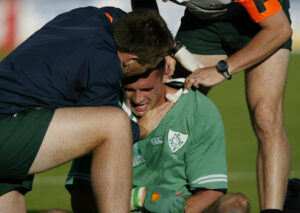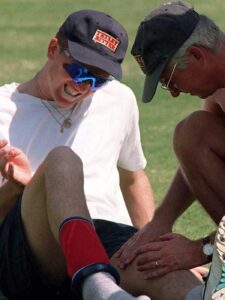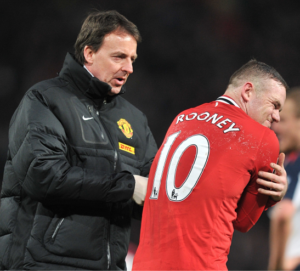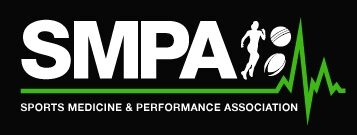Medicine
MEDICINE IN PROFESSIONAL SPORT
Medicine is the science of healing and is concerned with the practice of diagnosis, treatment and the prevention of disease and the general promotion of health.
A doctor is a professional who promotes, maintains, and restores the health of patients. The main activities of a general doctor/physician are to examine patients and record their clinical histories, order clinical lab test, prescribe and administer medications and treatments or, in some cases, refer the patients to specialists and other healthcare providers. The work of a doctor can be physically and emotionally stressful but on the other hand a career as a doctor can be very rewarding.
Entry requirements:
Pursuing the career path of a doctor involves years of intensive study and training; Medical students initially take an undergraduate course leading to a Bachelor of Medicine and Surgery that can take five to six years.
A-Levels:
Minimum AAA
Biology and Chemistry essential A2 Level


Australia’s Team Doctor Peter Brukner (left), Michael Clarke (centre) and Physiotherapist Alex Kountouris during the nets session at Trent Bridge, Nottingham.
Principle roles & responsibilities within Professional Sport
In the professional sports environment Doctors work as part of a multidisciplinary team working on a range of issues such as dealing with players and athletes who are injured, as well as preventing injury in the first place.
They may also be involved in:
- Implementation of protocols such as medicines management policy
- Providing game day medical cover both home and away, which would require travel with the team or club
- Implementing internal CPD practice for the department
- Undertaking medical screening in on both current players and athletes as well as any potential signings
- Assessing, diagnosing and formulating appropriate treatment plans for musculoskeletal and medical conditions
- Ensuring accurate recording of medical records
- The development and implementation of medical best practice policies and procedures relating to the medical care across the club or team
- Ensuring equipment is maintained to safe and effective standards
- Ensuring that athlete or players cardiac screening is up to date and protocols are put in place to provide regular screening of players
- The medical budget for the department and also of the company’s health care scheme and provide regular updates to the board on the cost’s incurred
Essential
In order to prepare yourself for a career in Professional Sport you must:
- Be registered with The General Medical Council
- Be qualified in Sport and Exercise medicine (SEM) or equivalent
- Be qualified in Musculoskeletal Medicine, or can demonstrate significant musculoskeletal experience
- Have an FA AREA qualification (or equivalent) within the last 3 years
- Be a member or Fellow of Faculty of Sport and Exercise Medicine
Desirable
- Current CRB clearance
- Experience of working within elite sport (Preferably within the sport you wish to work) would be an advantage.
- Understanding of and compliance with The FA Anti-Doping Regulations and the WADA List of Prohibited Substances

The FMPA also highly recommends;
Membership of the FMPA. This demonstrates a desire to engage with and network with professional colleagues in the game and to keep up to date with the very latest in the industry via our website, forum, magazine and annual Conference
Have a clear understanding of the WADA anti-doping code
Fulfil a programme of continued professional development
Flexibility and able to work weekends
Full driving licence
Experience and competency in basic MSK injection therapy and diagnostic ultrasound
